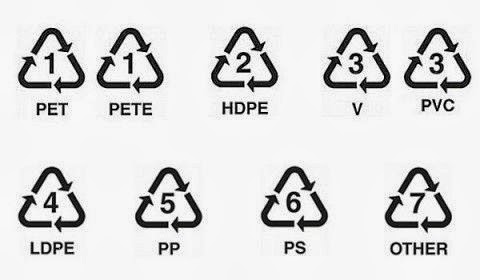Recommended articles: Digital age, fintech, cryptocurrencies and Libra
Digital Age:
- Competition policy in the age of digital platforms: what’s at stake. As governments around the world study the regulation of digital platforms, complex challenges emerge (LSE Business Review).
- Challenges in the digital age. The fourth industrial revolution is bringing about numerous challenges and opportunities. This column summarises selected takeaways from a recent ECB conference which brought together leading minds from academia, institutions and the private sector on the expected effects of digitalisation on the economy, including labour markets, productivity, investment and inflation, and possible implications for monetary policy (VOXEU).
- Fintech, Fiber-optics, and Financial Inclusion (IMF Blog).
- How Fintech Can Make Banking More Inclusive – and Empowering (Knowledge@Wharton).
- Financial constraints and the diffusion of technology. Recent debates about the global productivity slowdown point to a large and increasing productivity gap between firms operating at the global technological frontier and those trailing behind. This column analyses whether better access to bank credit can accelerate technological diffusion and narrow the productivity gap between leading and lagging firms. Using data from a large emerging market – Russia – it shows that while bank loans can encourage firms to adopt new technologies and become more productive, long-run benefits vary substantially across industries and regions (VOXEU).
- The fundamental drivers of cryptocurrency prices. We do not know which characteristics affect cryptocurrency prices, if any. The column argues that there are two fundamental factors that drive prices in the long run: the trustworthiness of the cryptocurrency’s blockchain and the adoption of the blockchain. Cryptocurrencies such as Bitcoin, Ethereum, and Monero are affected by these fundamentals. In some periods prices deviate, but eventually retrace the trend.
- The rise of digital currency. New entrants are vying to occupy the space once used by paper bills. This column, part of the VoxEU debate on the future of digital money, proposes a simple framework to make sense of who is attempting to pry our wallets open. It argues that the adoption of new digital means of payment could be rapid and bring significant benefits to customers and society, but that the risks must be tackled with innovative approaches and heightened collaboration across borders and sectors. One approach is for central banks to engage in a public–private partnership with fintech firms to provide a safe, liquid, and digital alternative to cash: synthetic central bank digital currency.
- The benefits of a global digital currency. Economists have reacted negatively to the prospect of Facebook's Libra cryptocurrency. This column, part of the VoxEU debate on the future of digital money, outlines how if we focus exclusively on the efficiencies a currency like Libra brings to payment, there are arguments in its favour. A global digital currency provided by central banks may be preferable, but a private version would offer many of the same benefits.
- Libra: A dramatic call to regulatory action. On 18 June, Facebook announced plans to issue its own currency. By giving every individual with a smart phone the ability to purchase tokens in their own domestic currency, Libra would improve the efficiency of payments, reduce costs, and expand financial access—or so Facebook argues. This column, part of a VoxEU debate on the future of digital money, suggests the opposite: that Libra could facilitate criminal exploitation of the payments system while reducing the authorities’ ability to monitor and mitigate systemic risk. Financial regulators and central banks must act quickly and decisively to keep evolving financial technologies from threatening global financial stability.
- Libra: The known unknowns and unknown unknowns. The repercussions and regulatory impact of Facebook’s proposed Libra currency are still unclear. This column, part of the VoxEU debate on the future of digital money, assesses the information as yet made available about Libra, including the implications for its exchangeability, scalability, privacy, and security. It is clear the design of the currency is yet to be finished, and many questions remain about its governance and structure.



Comentarios